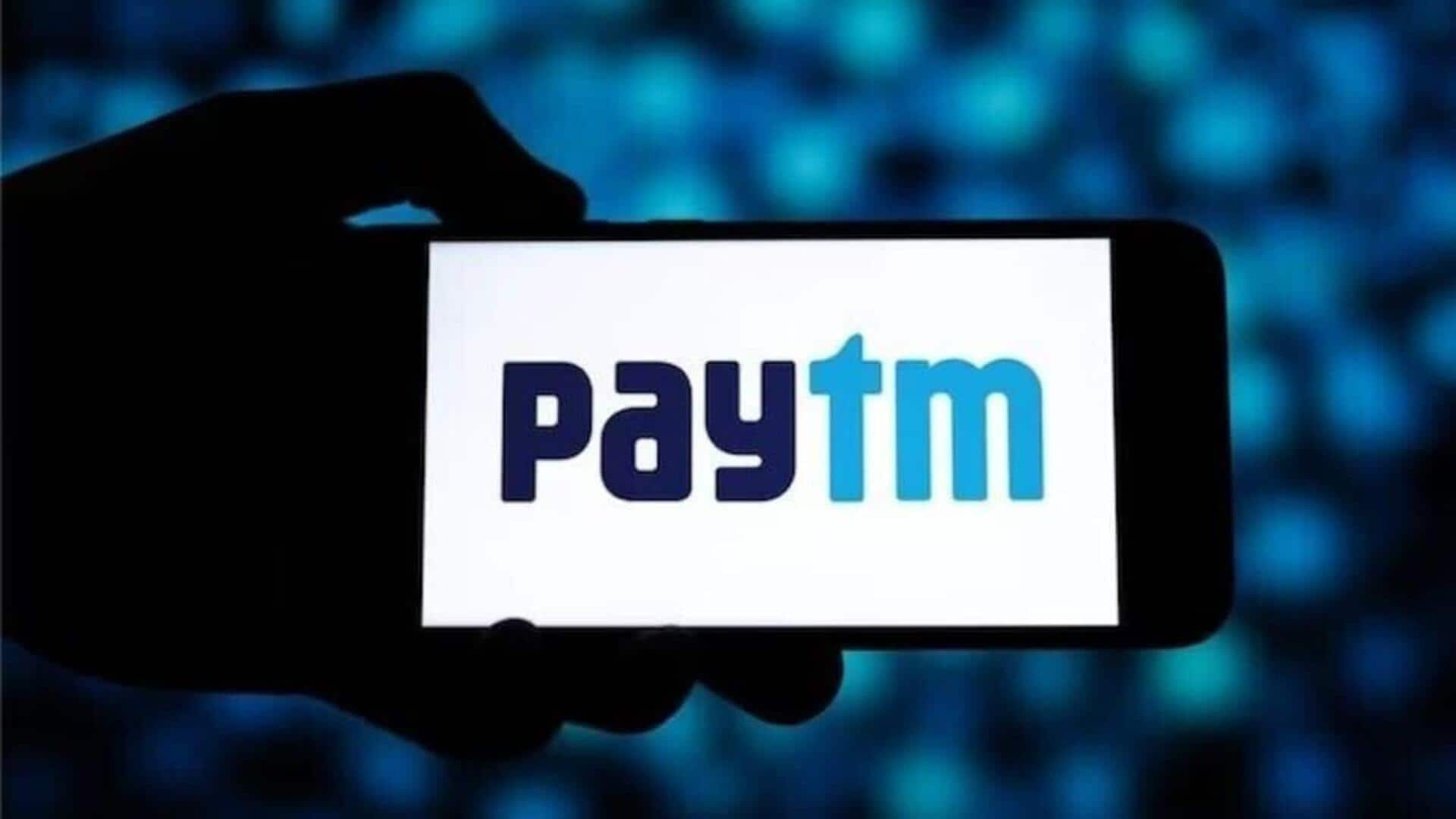
Paytm shares plunge 10% as government denies MDR on UPI
What's the story
Shares of One97 Communications, the parent company of digital payments platform Paytm, fell by as much as 10% on Thursday. The decline came after the Finance Ministry rejected rumors about the possible introduction of a Merchant Discount Rate (MDR) for Unified Payments Interface (UPI) transactions. The ministry called such reports "baseless and sensational speculations" that create unnecessary uncertainty among citizens.
Understanding MDR
What is Merchant Discount Rate (MDR)?
Merchant Discount Rate (MDR) is a fee that banks or payment service providers like Paytm charge merchants for processing real-time payments. The government had earlier waived off these charges on UPI transactions to promote digital payments. However, some reports had suggested that the government was considering introducing MDR on high-value UPI transactions.
Industry request
Payments Council of India wrote to PM Modi
In March, the Payments Council of India, an industry body representing digital payment firms, had written to Prime Minister Narendra Modi seeking the reintroduction of MDR on UPI and RuPay debit card transactions. The body had proposed a 0.3% MDR on UPI payments for large merchants and a nominal MDR on RuPay debit card transactions across all merchants.
Market dominance
UPI continues to dominate digital payment space
Despite the speculation around MDR, UPI continues to dominate the digital payment space. As of April, PhonePe and Google Pay together held over 80% of the UPI market share. Newer players such as Flipkart-backed super.money, Navi, and CRED are slowly making their mark with cashback offers and other incentives. In May alone, UPI processed a whopping 18.68 billion transactions worth ₹25 lakh crore.